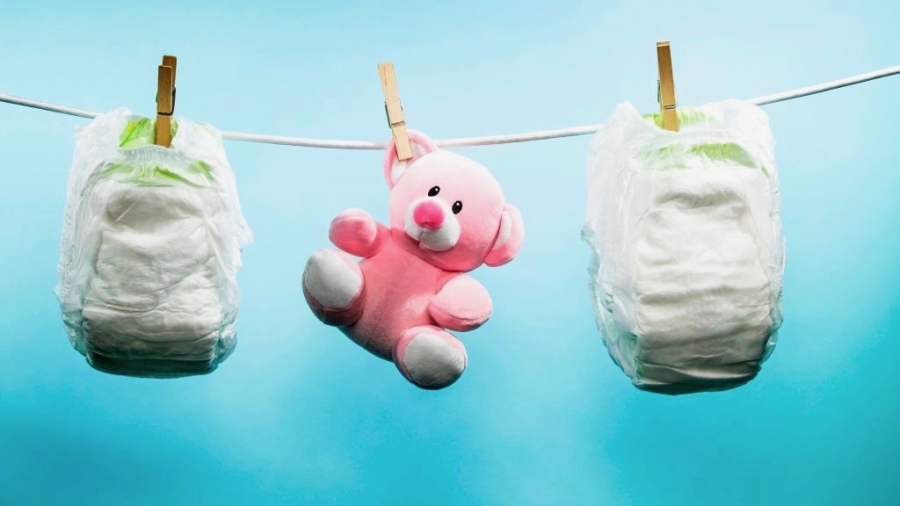A mother who gave birth to twins that looked like they were of different races wasn’t totally sure one of the babies was hers.
Judith Nwokocha, from Calgary, Alberta, Canada, gave birth in 2016 to twins, a boy with brown skin much like her own, and a girl with albinism, a condition that caused her skin to be white and her hair to be blonde, Metro reported.
“I was shocked—I thought they had handed me somebody else’s baby, I didn’t believe she was mine,” Nwokocha told Metro.
She thought that their might have been a mix-up at the hospital.
“It was a real shock for me, I was thinking ‘what are they doing, why did they give me someone else’s baby?'” she told Metro.
Nwokocha was waiting for the nurse to say she handed her the wrong baby, but that moment never came. Instead, the nurse only told her how beautiful her babies were, Nwokocha said via Love What Matters.
Nwokocha came to Canada from Nigeria, Metro reported. In her homeland, albinos have a difficult time. Nwokocha was worried her daughter would face similar challenges in Canada.
“It took me a while to realize I’m going to be raising an albino. I was really concerned about what people were going to say, it’s not a very usual thing to have an albino and a black baby,” she told Metro. “I was also sad, I was worried about how she is going to go through society, how people are going to treat her.”
Nwokocha’s worries were many.
“I worried about her future, how society would treat her, how she’ll be accepted, etc. I envied other black babies and thought, ‘Why me? Why was I the one to have an albino baby?’ How did I get black and white twins?”
Gradually she changed and after a year of motherhood, her worries subsided.
“Gradually I began to see my daughter differently. I began to see the beauty in her condition. I began to admire her gold hair, her brown eyes, her pink lips and everything about her. I noticed how attractive she was to people whenever I took them out. People admired her a lot and she is usually the one who gets all the attention,” Nwokocha said via Love What Matters.
Although Nwokocha told Parent 24 that albinism doesn’t run in her family, Nigeria has one of the highest rates of babies born with albinism in the world, with an estimated population of over 2 million, according to The Albino Foundation.
Albinos in Nigeria suffer from poverty, lack of education, and human rights abuses due to discrimination, social exclusion, and stigma, according to The Albino Foundation.
The challenges stem from family members, peers, and schoolmates. Families have been known to kill their own babies if born with albinism, or not let them get an education, believing they have no opportunity for careers in the future, according to The Albino Foundation.
“Where I come from minorities are mistreated so I’m grateful I live in a western country. But I was still worried about what people were going to say, how Kachi would be perceived by society and how people would treat her,” Nwokocha said via Parent 24.
Nwokocha said via Inside Edition that people often don’t believe the girl is her daughter, or that her twin brother is really her twin brother. Once she explains the situation, people often have a lot of questions for her. None of the remarks she gets from others about her daughter are negative, though, according to Parent 24.
Nwokocha decided to turn around what she once thought a challenge. She now sees it as a special responsibility to her daughter’s future.
“I’m not sure she’s aware of her uniqueness at the moment, but eventually she’ll know, and it’s my responsibility to educate her and teach her to love herself no matter what,” Nwokocha said via Love What Matters.

